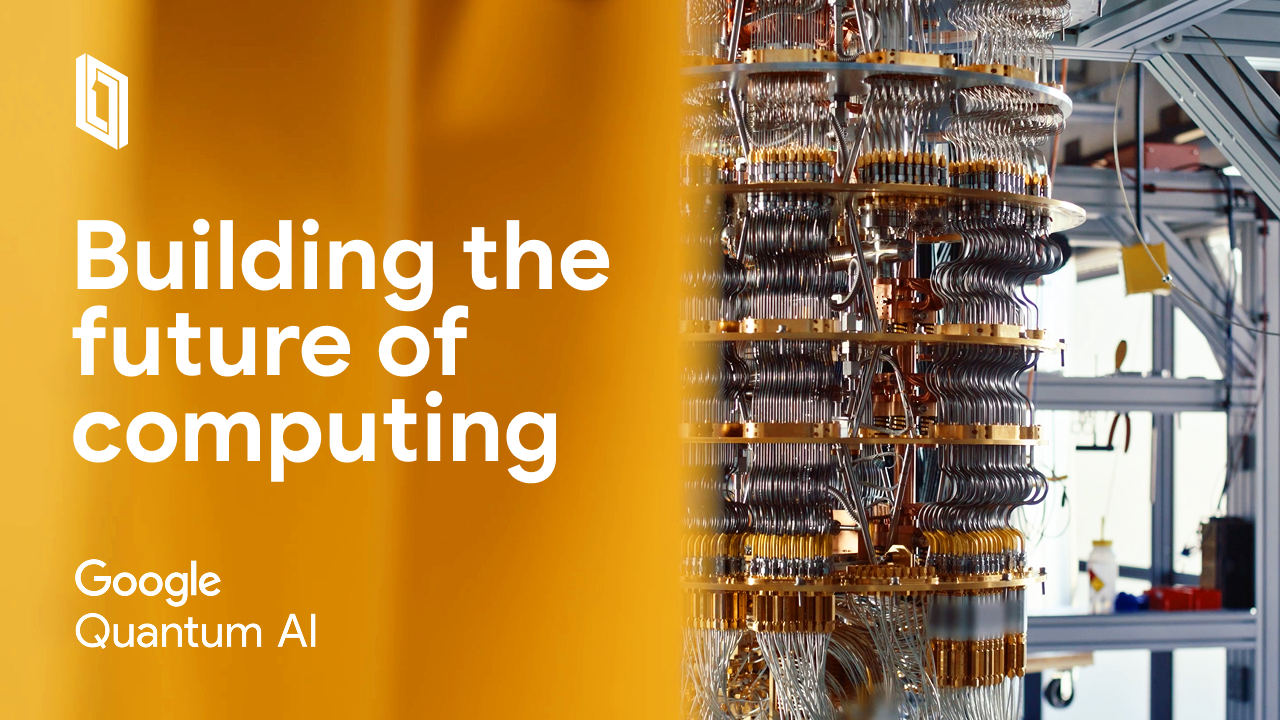Three Potential Benefits of Quantum Computers for Society

Celebrating a Century of Quantum Mechanics
This year, we recognize an important milestone: 100 years since the introduction of quantum mechanics. This groundbreaking field of physics has fundamentally altered our understanding of the natural world, especially at the tiniest scales—molecules, atoms, and subatomic particles—revealing that the principles governing these realms are distinctly different from those that guide our everyday experiences. Quantum mechanics has paved the way for significant advancements, ranging from the intricate processes within our bodies to the technologies that power our modern devices, including electric cars and computers.
The Dawn of Quantum Computing
Renowned physicist Richard Feynman noted in 1981 that to efficiently simulate the complexities of the quantum world using computers, we would likely need to develop quantum computers themselves. Since then, significant strides have been made in this area, particularly by organizations like Google, which have focused on creating large-scale quantum computers capable of solving problems that may be insurmountable for classical computers. On World Quantum Day, it’s an excellent opportunity to explore three major fields where quantum computing has the potential to revolutionize our lives.
1. The Future of Medicine
Quantum computers stand to drastically enhance our understanding of complex biological systems, which is crucial for advancements in medical treatments. For instance, by simulating how various drug candidates interact with biological targets, quantum computers may help design new and more effective medications. A noteworthy collaboration between Google and Boehringer Ingelheim demonstrated that quantum computers could accurately simulate the behavior of cytochrome P450, an enzyme critical for drug metabolism. Such improvements could lead to better drug formulations and a deeper understanding of how to combat various diseases.
2. Innovations in Battery Technology
As the global demand for energy continues to rise, so does the need for efficient and sustainable energy storage solutions. Quantum computers are being explored to enhance the development of new materials for batteries. In partnership with BASF, researchers found that quantum computing could provide more accurate simulations of Lithium Nickel Oxide (LNO), a material used in batteries with a lower environmental impact compared to conventional lithium cobalt oxide. Currently challenging to produce industrially, better simulations of LNO’s molecular structure could streamline its manufacturing, ultimately resulting in superior battery technologies.
3. Exploring New Energy Sources
Fusion energy, the powerful process that fuels stars, holds the potential for a clean and virtually unlimited energy supply. However, realizing this potential on Earth requires advanced computational models to design reactors that can withstand the extreme conditions of fusion. Unfortunately, existing models often fall short, consuming vast computing resources and failing to align with real-world data. Collaborating with Sandia National Laboratories, researchers demonstrated that a quantum algorithm executed on a fault-tolerant quantum computer could more efficiently simulate the essential mechanisms needed for sustained fusion reactions. This represents a significant leap toward making fusion energy a feasible reality.
The Expansive Potential of Quantum Computing
The advancements in the realms of medicine and energy hint at the transformative possibilities that quantum computing could bring to society. However, we are likely only scratching the surface of what this technology may ultimately achieve. The complexity of quantum computing presents unique challenges, from refining qubit technology and enhancing quantum error correction to developing and applying new quantum algorithms in practical scenarios. Progress in these areas is a collaborative effort, necessitating the contributions of academia, industry, and the public sector to establish a state-of-the-art quantum computing system.
As we celebrate this centenary of quantum mechanics, it’s clear that the journey of exploration and discovery in this field is far from over. The continuous evolution of quantum computing may lead us to solutions for problems and inquiries we have yet to even consider.






